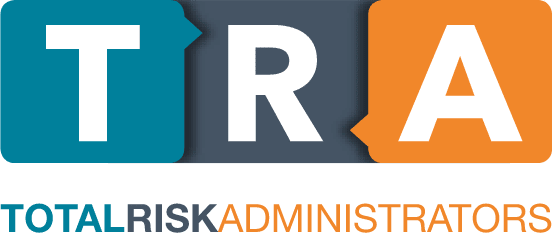International Epilepsy Day promotes awareness of epilepsy. It is held on the second Monday in February, and people join to celebrate and recognise the problems individuals with epilepsy Face. It also recognises not only the individuals with epilepsy but their families and their carers.
What is Epilepsy?
Epilepsy is a central nervous system disorder in which brain activity becomes abnormal, causing seizures or periods of unusual behaviour, sensations, and sometimes loss of awareness.
What are the symptoms?
- Temporary confusion
- Uncontrollable jerking movements of the arms and legs
- Loss of consciousness or awareness
- Psychic symptoms such as fear, anxiety or Deja vu
How does it affect daily life?
Epilepsy can affect a person’s daily life, even in a controlled environment, due to the unpredictability of the disorder.
It can affect every decision, such as what occupation to pursue, where to live and where they can socialize. Individuals with epilepsy are unable to have the same freedom as a person who does not have the disorder. They cannot just simply take the car for a drive unless they have been seizure-free for a certain number of months. It can make the individual feel social isolation due to the lack of control over their body and brain,. They may continuously worry about what others think of them and their seizures.
International Epilepsy Day is a joint initiative by the International Bureau for Epilepsy (IBE) and the International League Against Epilepsy (ILAE). People are encouraged all over the world to celebrate International Epilepsy Day no matter who you are or where you come from. The point is for everyone to speak as one global voice.
How do I get involved?
- Being active on social media.
- Change your profile picture on social media to the epilepsy day Logo.
- Share a selfie holding the #epilepsyday card and upload it to social media using the hashtag #epilepsyday.
Logos and #epilepsyday card can be obtained from here.
Medical Gap Cover Questions & Queries
If you have any more questions about TRA Gap Cover, why not contact our helpful specialists? You can also visit our Gap Cover page here.




